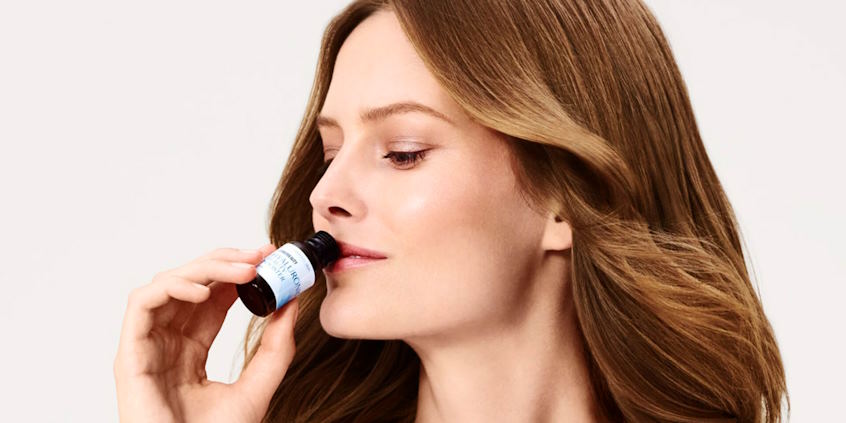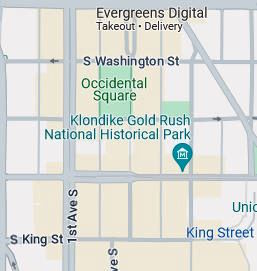In beauty and skincare, few ingredients have garnered as much attention and hype as collagen. Touted as a key to radiant skin, luscious hair, and strong nails, collagen has become a focal point in many beauty products. But behind the marketing allure, a critical question persists: Is collagen a legitimate beauty booster supported by scientific evidence, or is it a clever marketing ploy capitalizing on beauty aspirations?
Understanding Collagen and Its Role in Skin Health
Collagen, a vital structural protein in our skin, contributes to its elasticity, firmness, and overall hydration. Natural collagen production declines as we age, leading to common signs of aging, such as wrinkles and sagging skin. The beauty industry markets collagen-infused products, claiming to replenish and enhance collagen levels, thereby addressing these age-related concerns. Our journey begins with an in-depth examination of the scientific foundation supporting collagen’s impact on skin health.

Collagen Products – Panacea or Placebo? Navigating the Market Landscape
The market is flooded with collagen-based products, from topical creams and serums to ingestible supplements. Amidst the plethora of choices, consumers often question the efficacy of these offerings. Do collagen-infused skincare items genuinely live up to their promises of reducing wrinkles and improving skin texture? Can collagen supplements truly foster hair and nail growth? Subtitle 2 will navigate the diverse market landscape, dissecting the claims, scrutinizing scientific studies, and exploring consumer experiences to discern whether collagen is a genuine beauty ally or an intelligent marketing strategy.
Decoding Collagen’s Impact on Beauty
As we unravel the collagen problem, it becomes evident that the truth lies somewhere between marketing glamour and scientific reality. With its undeniable role in skin health, Collagen isn’t merely a marketing ploy. Scientific studies indicate that collagen supplementation may benefit, particularly in promoting skin elasticity and hydration.
However, consumers must exercise discernment amidst the sea of collagen products saturating the market. Not all formulations are created equal, and individual responses can vary. When approached with an informed perspective, Collagen becomes a potential asset in a comprehensive skincare routine. This conclusion encourages beauty enthusiasts to make educated choices, prioritizing reputable products backed by credible research. Understanding collagen’s impact in the ongoing pursuit of beauty allows consumers to navigate the beauty landscape with clarity and make decisions that align with their skincare goals.






